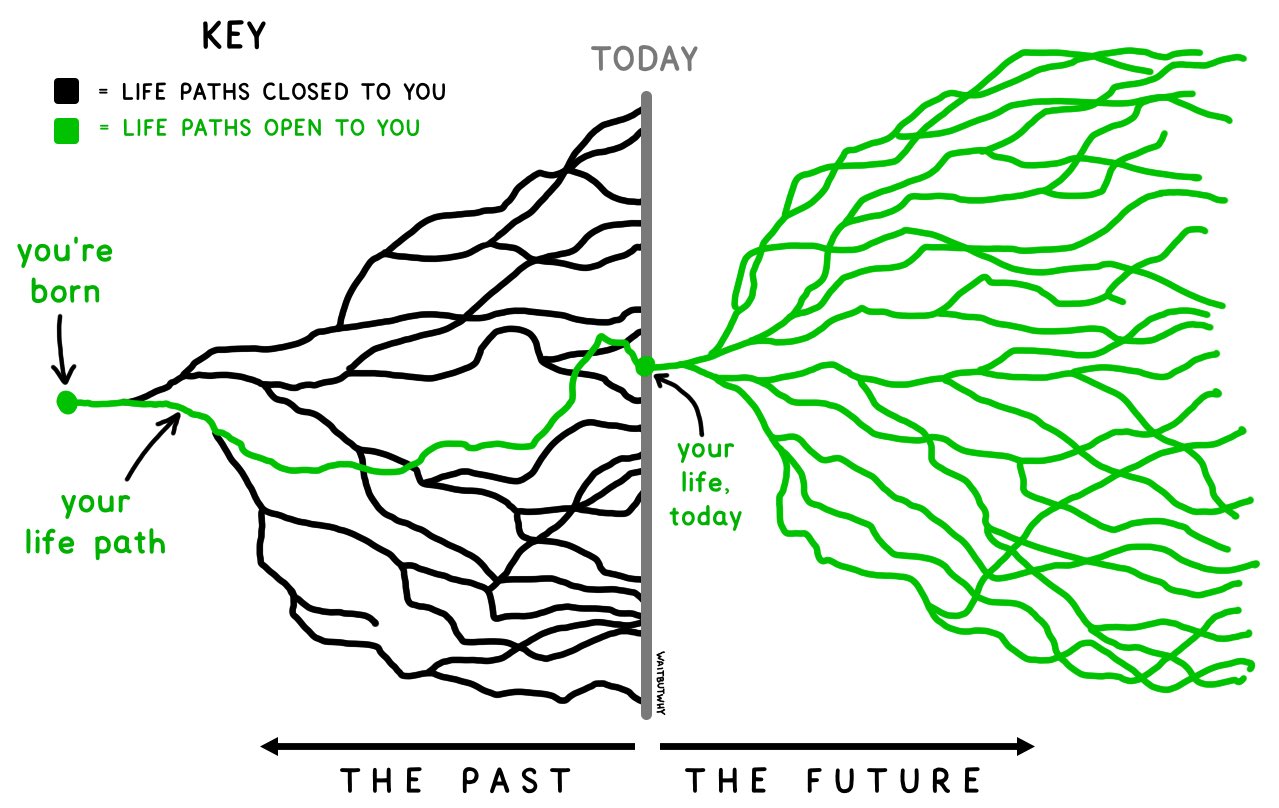Evolution of Work: New Jobs in an AI Future
Throughout history, technological innovation has consistently reshaped the employment landscape. As we enter the era of artificial intelligence, we're witnessing another transformation in how we work and what roles humans will play in an increasingly automated world.

Industry 4.0: The convergence of digital technologies transforming the workplace
The Pattern of Innovation and Job Evolution
Historically, each wave of automation has elevated human roles to a higher degree of complexity and creativity. Looking at the timeline of innovation, we see a consistent pattern: as basic tasks become automated, humans shift towards roles that require more sophisticated decision-making, emotional intelligence, and system orchestration.
Timeline of Major Technological Innovations and their Impact on Employment
The New Paradigm: Humans as Intelligent Operators
In this AI-driven future, humans are increasingly becoming intelligent operators with unique advantages over AI systems:
- Tactile understanding and physical world interaction
- Emotional intelligence and nuanced communication
- Thoughtful feedback and contextual decision-making
- System orchestration and design thinking
The Rise of System Orchestrators
As systems increasingly talk to systems, and software handles more routine work, we're seeing the emergence of new role categories:
- Designers who shape how systems interact
- Orchestrators who coordinate multiple AI systems
- Full stack creators who build and maintain AI ecosystems
- Operators who provide human oversight and intervention
Human Connection in an AI World
Contrary to some concerns, human-to-human interaction is becoming more valuable, not less. In fact, undivided attention and personal touch are emerging as premium services in an automated world. Education and human interaction remain crucial as technology becomes more prevalent.
The New Professional Landscape
Modern professionals are evolving into domain owners who can:
- Coordinate multiple AI systems
- Replace entire teams with orchestrated automation
- Transform departments through strategic AI implementation
Role Evolution & Market Opportunities
Here's how traditional roles are evolving in the AI era:
| Role Type | Current Role | Future Evolution & Key Skills | Growth* |
|---|---|---|---|
| Admin | Data Entry Specialist | Workflow Orchestrator: Designs and manages automated workflows, integrates AI tools, ensures data quality. Skills: Process automation, system integration, data validation | 150K+ ↗️ |
| Analysis | Market Researcher | Intelligence Architect: Combines AI insights with strategic thinking, designs predictive models. Skills: Data science, strategic analysis, AI model optimization | 280K+ ⬆️ |
| Support | Customer Service Agent | CS Experience Designer: Orchestrates AI-human interactions, designs support flows. Skills: Conversation design, empathy mapping, automation logic | 90K+ ↗️ |
| Technical | QA Tester | Quality Systems Director: Oversees AI testing frameworks, ensures system reliability. Skills: Automated testing, quality assurance, system architecture | 195K+ ⬆️ |
| Creative | Content Writer | Content Architect: Designs content systems, manages AI generation pipelines. Skills: Prompt engineering, content strategy, narrative design | 220K+ ⬆️ |
| Operations | Production Supervisor | Operations Navigator: Manages smart factory systems, optimizes automation. Skills: IoT systems, predictive maintenance, digital twin management | 75K+ → |
| Healthcare | Medical Records Clerk | Health Intelligence Lead: Manages health data systems, ensures compliance. Skills: Health informatics, data privacy, predictive analytics | 180K+ ⬆️ |
| Sales | Sales Representative | Revenue Orchestrator: Combines AI insights with relationship building. Skills: Predictive sales, automated nurturing, strategic relationship management | 310K+ ⬆️ |
| Education | Training Specialist | Learning Architect: Designs AI-enhanced learning experiences. Skills: Adaptive learning systems, engagement analytics, curriculum design | 85K+ ↗️ |
| HR | HR Coordinator | Talent Intelligence Lead: Uses AI for workforce optimization. Skills: People analytics, predictive HR, automation systems | 120K+ ↗️ |
*Projected positions by 2025
Market Outlook Guide:
- ⬆️ Strong Growth: >20% annual growth
- ↗️ Growing: 10-20% annual growth
- → Stable: 5-10% annual growth
- ↘️ Declining: Negative growth
Note: This table represents AI-generated predictions based on current market trends and technological advancement patterns. Projections were generated by Claude AI as analytical forecasts.
The Robotics Factor
While software automation is creating new opportunities, physical automation through robotics presents different challenges. This area requires careful consideration as it affects jobs in ways that are more direct and potentially less adaptable.
The Future is Prompt-Driven
We're moving toward a world where:
- Websites can run autonomously
- Businesses can be defined by prompts
- Employees can be augmented by AI systems
- Tools become prompt-based interfaces
Key Success Factors
To thrive in this AI-driven future:
- Embrace continuous learning
- Develop system thinking
- Focus on orchestration skills
- Maintain human-centric capabilities
- Build prompt engineering expertise
The key to success in this new era isn't just adapting to automation—it's learning to become an effective conductor of AI systems while maintaining the uniquely human elements that machines cannot replicate.

Life Paths: As AI transforms the workplace, new career opportunities emerge while others evolve or close
Edited by Claude Sonnet 3.5